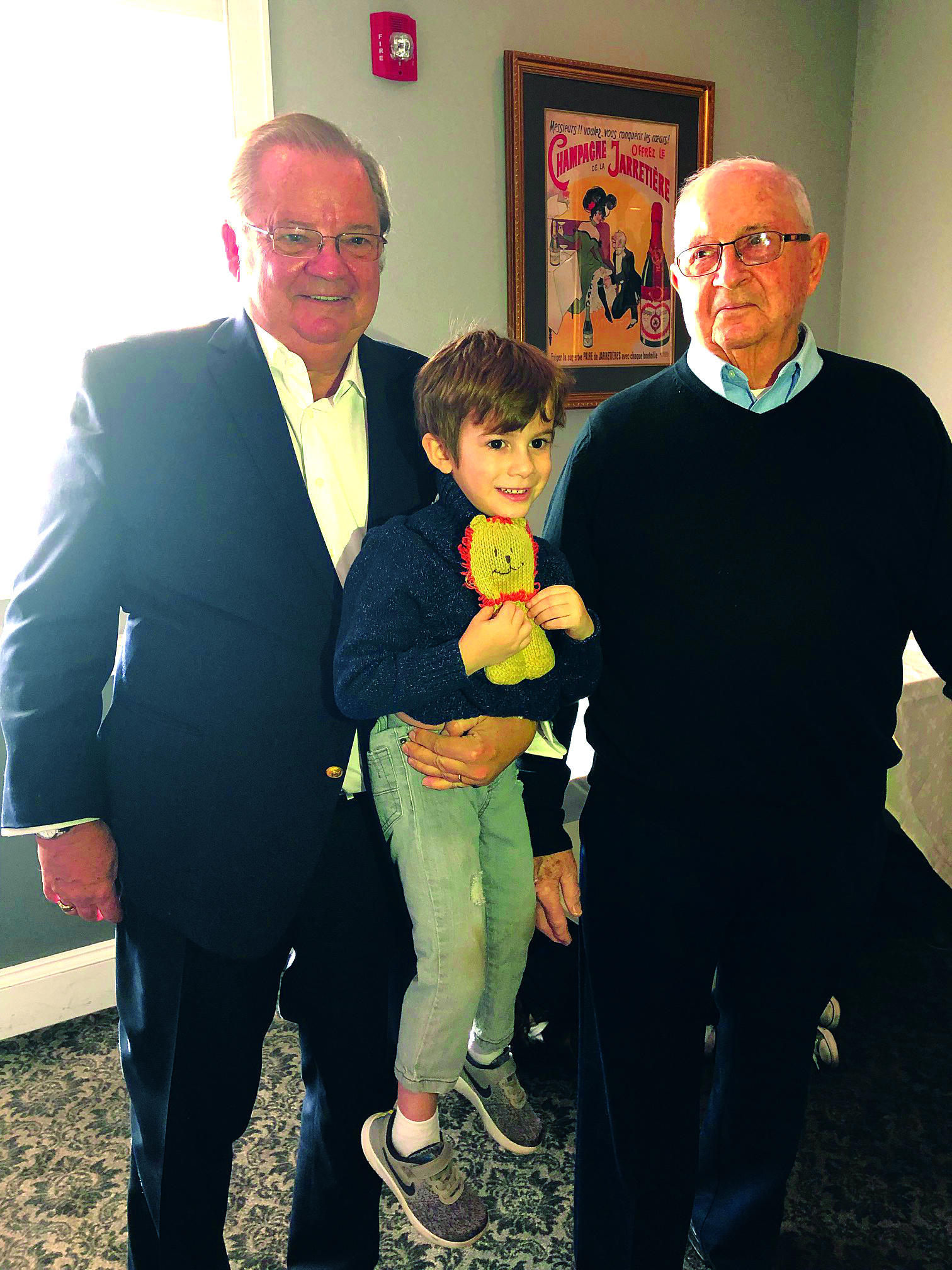Former Brooklyn Law School Dean Nick Allard Shares Poignant Letter to Grandson at Russian Forum

Where could I possibly begin after so many meaty and filling presentations? We heard about whether new Japanese ‘smart’ digital musical technology might replace human artists. Will a computer ever come close to the Rachmaninoff classics we heard interpreted and performed so beautifully by Boris Bevesovsky Tuesday evening after the 2019 Private Law Prize ceremony? I think not. For one thing, when we listen to how such an artist puts his own creative, never identical, signature on the music, and as we anticipate, as if he is an artist on a high wire, to see whether he will successfully complete his difficult passage through the music without misplaying quite humanly any of the torrent of fabulous notes, we know that no machine could generate that kind of excitement.
And, we heard a great deal about whether we humans will work for robots with artificial intelligence, or whether they will work for us.
As the only American in this program, I also took note of the considerable comments about U.S. policy and even about President [Donald] Trump. I am sure you will understand me when I say what a pleasure it is to be outside the U.S. and not to talk about Trump. So, I will address other matters related to philosophy about globalism and the rule of law.

Brooklyn Boro
View MoreNew York City’s most populous borough, Brooklyn, is home to nearly 2.6 million residents. If Brooklyn were an independent city it would be the fourth largest city in the United States. While Brooklyn has become the epitome of ‘cool and hip’ in recent years, for those that were born here, raised families here and improved communities over the years, Brooklyn has never been ‘uncool’.